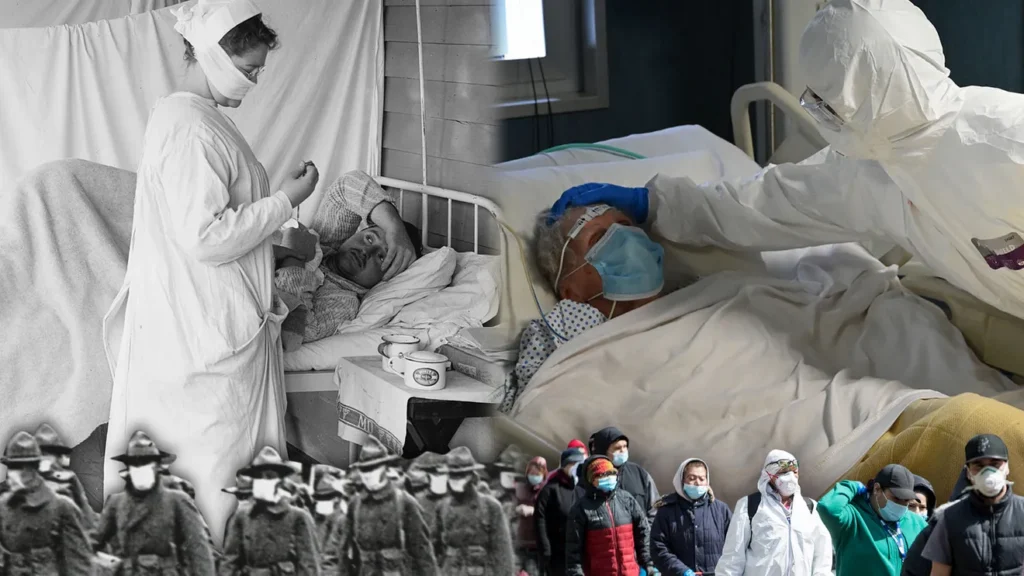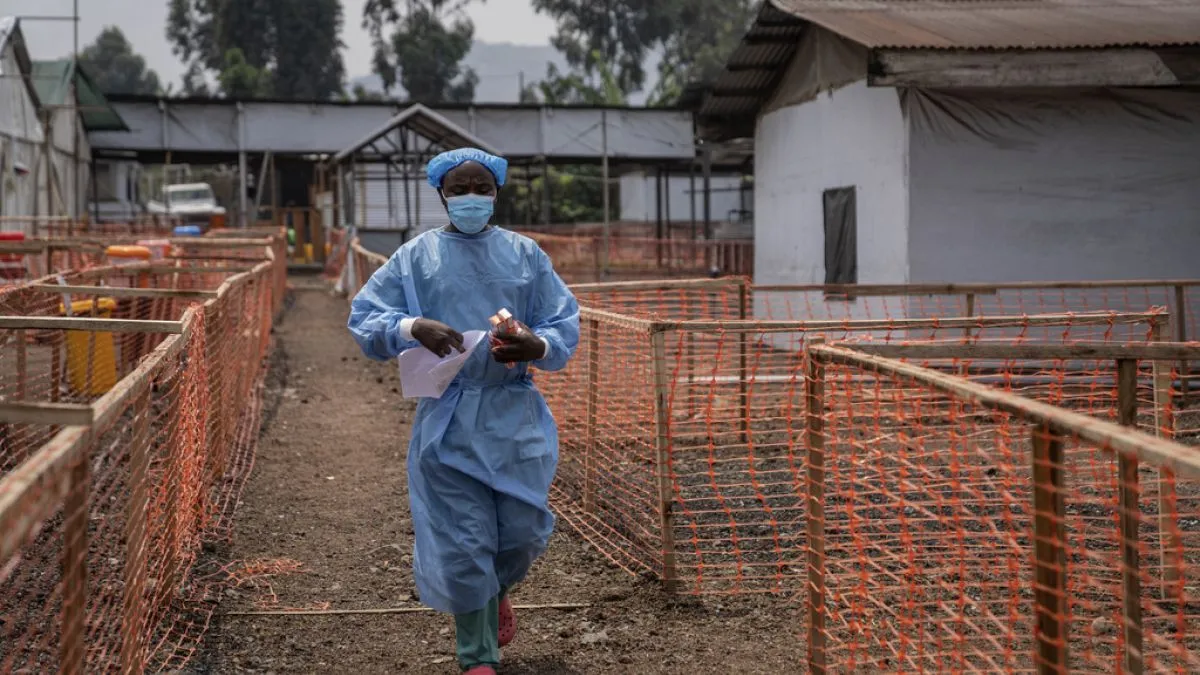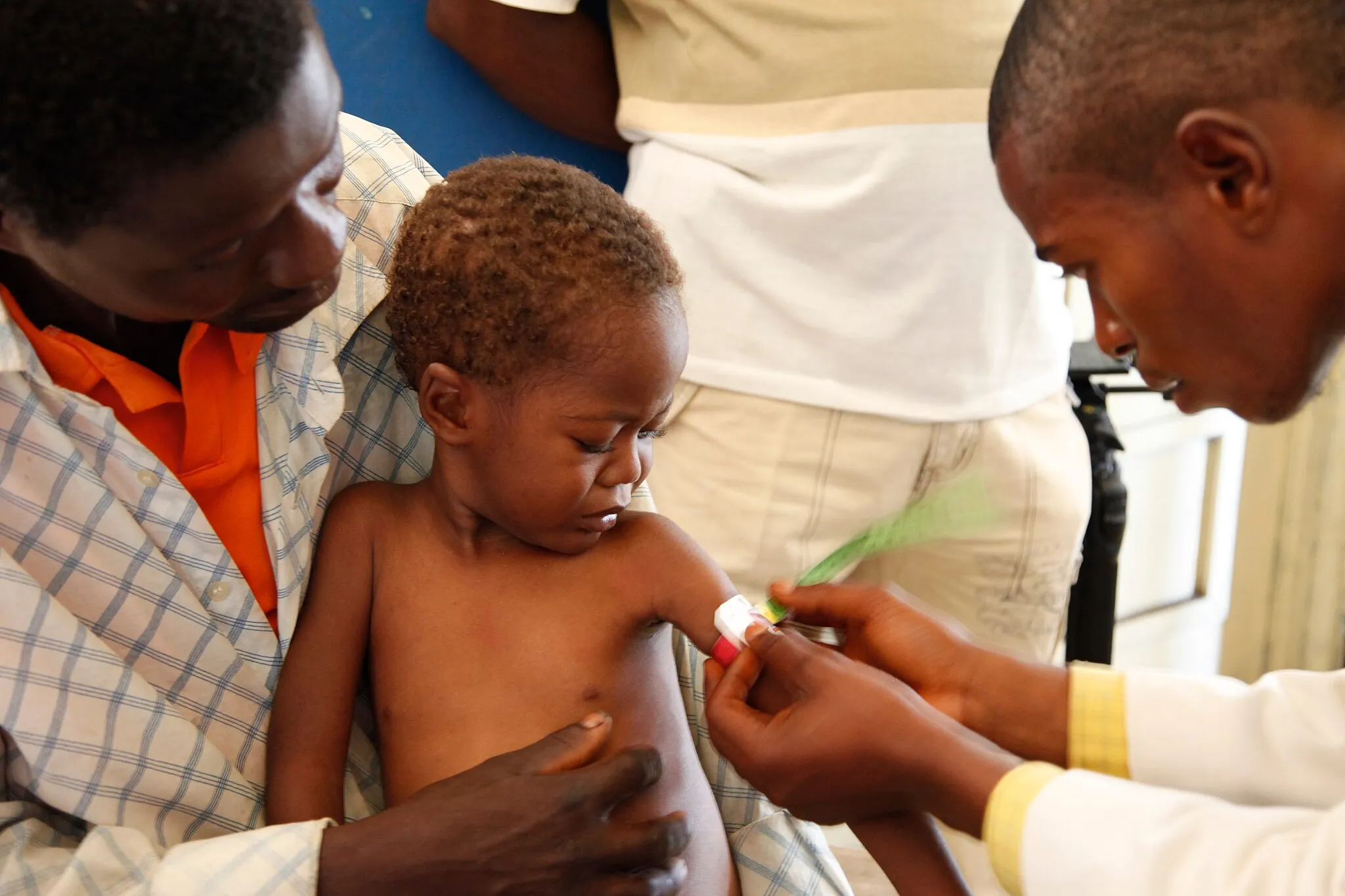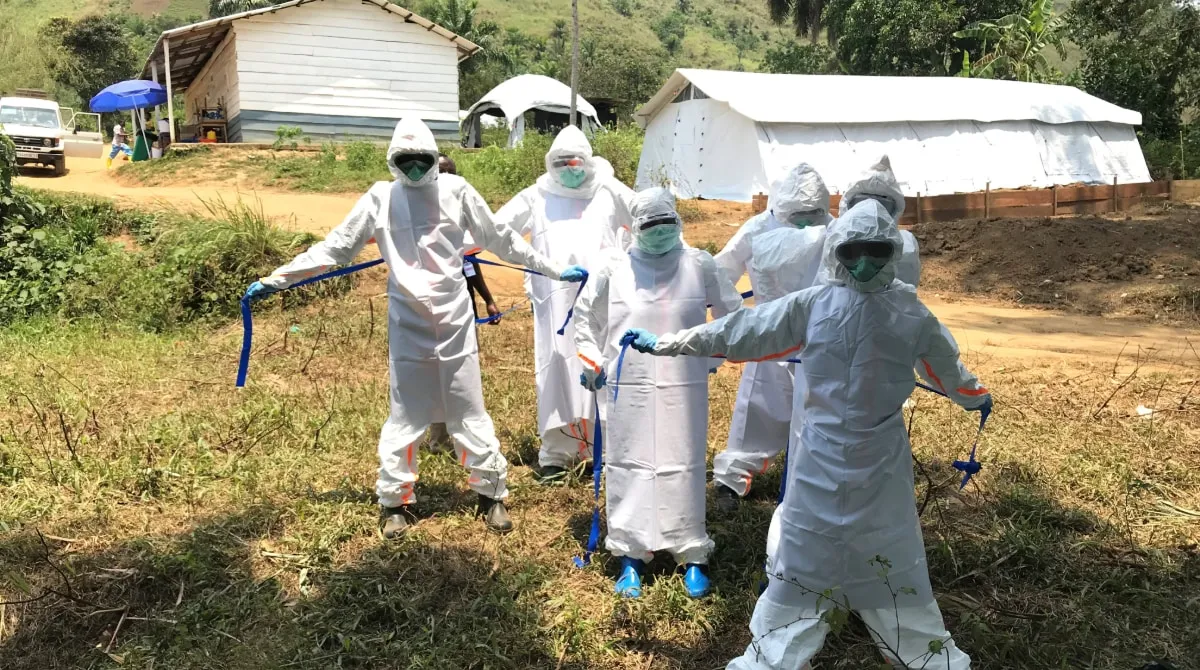
In recent weeks, a health crisis in a remote part of the Democratic Republic of the Congo has captured global attention. Dubbed initially as a ‘mystery disease,’ the affliction has led to the tragic loss of nearly 50 lives, most of whom are children under five years of age. The World Health Organization (WHO) has now shed light on the likely culprits behind this outbreak—a lethal cocktail of viral respiratory infections, including the flu and Covid-19, compounded by malaria and acute malnutrition.
This revelation points to a broader, more systemic issue that plagues many parts of Africa: the intersection of infectious diseases and critical socioeconomic challenges.

The Scale of the Crisis
The situation in the Congo is dire, with nearly 900 reported cases of the illness. Dr. Matshidiso Moeti, the WHO Regional Director for Africa, emphasized the gravity of the situation, stating, “This event highlights the severe burden from common infectious diseases such as acute respiratory infections and malaria in a context of vulnerable populations facing food insecurity.” The WHO has called for significant improvements in access to healthcare and food resources, underscoring the need for a multifaceted approach to address these intertwined crises.
Beyond the Immediate Health Impact
The outbreak underscores a critical vulnerability in the healthcare infrastructure in parts of the Congo. The General Hospital Panzi in southwestern Congo, situated near the epicenter of this health crisis, has become a focal point for efforts to combat the disease and offer relief to the affected population.

However, the broader implications of such outbreaks are profound. They not only reveal underlying health disparities but also highlight the impact of social determinants of health like nutrition, access to medical care, and overall living conditions. These factors are often exacerbated by inadequate health policies and a lack of timely intervention, which can allow initially localized outbreaks to spiral into significant health emergencies.
A Call to Action
The WHO’s findings are a call to action for the international community and local governments. There is an urgent need to bolster healthcare systems, enhance surveillance and response capabilities, and improve social conditions to mitigate the impact of such diseases. As the global community continues to grapple with the aftermath of the Covid-19 pandemic, the situation in the Congo serves as a stark reminder of the ongoing challenges many regions face in combating multiple health threats in less-than-ideal conditions.

Moving Forward
Investing in robust healthcare infrastructure, ensuring the availability of essential nutrients and food supplies, and improving overall living standards are critical steps that must be taken to prevent future crises of this nature. The plight of the Congolese, especially its most vulnerable populations, calls for a concerted, sustained effort that addresses not only the medical but also the socio-economic factors contributing to their hardship.
